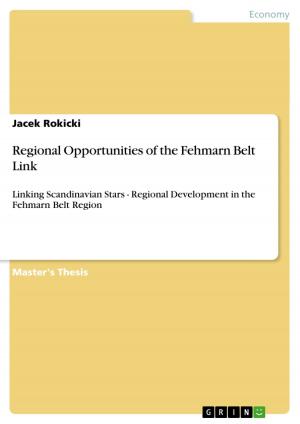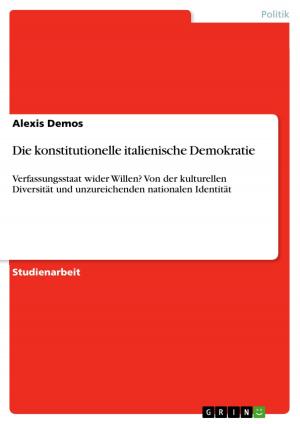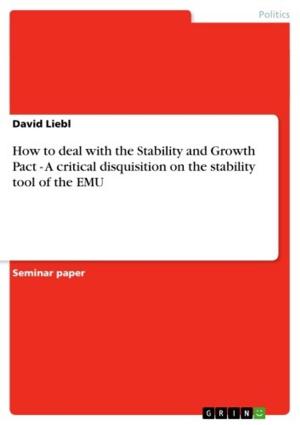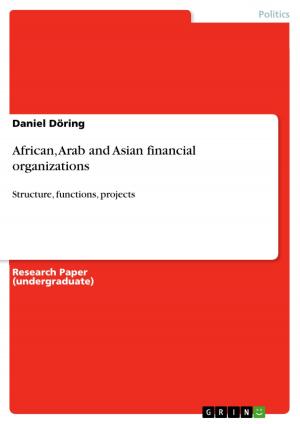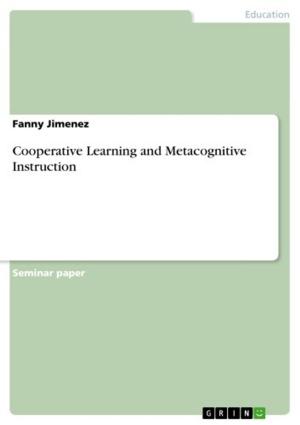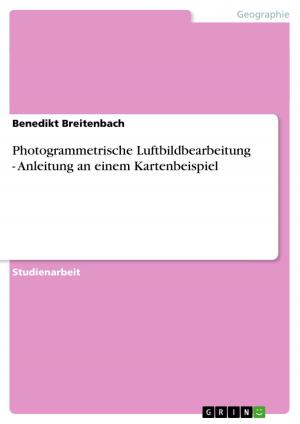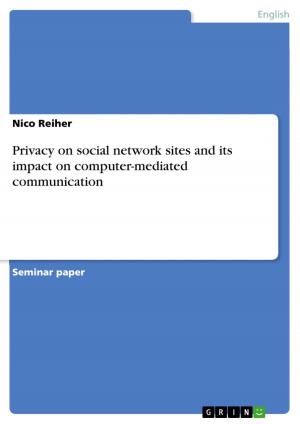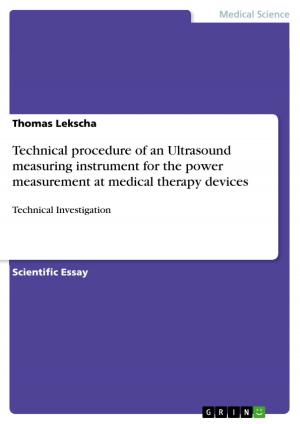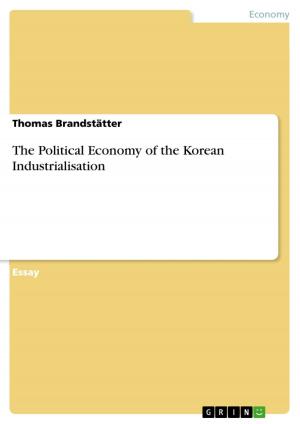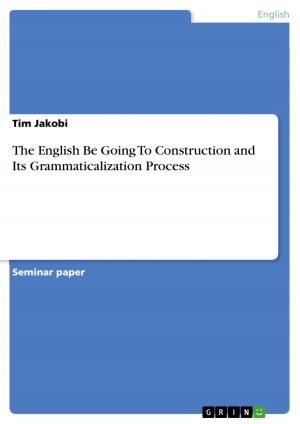Hot Hand Fallacy and the impact of perceived streakiness on human behaviour
Nonfiction, Science & Nature, Mathematics, Statistics| Author: | Manuel Scheiber | ISBN: | 9783638602884 |
| Publisher: | GRIN Publishing | Publication: | December 10, 2006 |
| Imprint: | GRIN Publishing | Language: | English |
| Author: | Manuel Scheiber |
| ISBN: | 9783638602884 |
| Publisher: | GRIN Publishing |
| Publication: | December 10, 2006 |
| Imprint: | GRIN Publishing |
| Language: | English |
Diploma Thesis from the year 2006 in the subject Statistics, grade: 1,4, University of Applied Sciences Kufstein Tirol, 45 entries in the bibliography, language: English, abstract: The discussion about the existence of theHot Hand,a widespread belief that success breeds success, has been unsettled since it was initially mentioned in 1985. The authors of the study originally concluded that any observed streakiness was simply a misperception and that the sequences did not significantly differ from the outcome of a randomly generated process. The reasons why the discussion became this extensive may only be assumed. One reason definitely is that the main application areas for theHot Handbelief are sports and the financial market, two areas that a vast number of people get in touch with. A large number of men and women at least occasionally watch sports on television or attend a live game. More and more people also get involved in actively managing their savings by a growing number of different financial instruments like shares and bonds. Another reason for the amount of existing analyses and studies about topics related to theHot Handeffect is that arguments for and against theHot Handrange from statistical problems, e.g. which statistical test to apply, to deep psychological issues like the perception of random processes. Knowing whether the believers in theHot Handor the sceptics are right is essential to everybody because in many everyday situations, people act according to which of the two groups they belong to. This is especially important in situations where money is at stake. Therefore, the aim of this paper is to answer the following research question: Is the belief in theHot Handeffect a fallacy and what is its impact on human behaviour in an economic environment as the betting market? While a lot of research has been done in the search for the existence of theHot Hand,it has rarely been attempted to take into account a wide range of suggestions concerning the way of examination and inference from data, and to conduct an empirical study that satisfies most of the criticism. Thus, the analysis of data will be conducted in a way that avoids errors and uncertainties that have been encountered in more than 20 years of discussion about the Hot Hand effect. The observations of gambling behaviour in the sports betting market shall indicate how a belief in theHot Handinfluences economic decisions. In the betting market, as well as in every other economic environment it is essential that decisions are made on a rational basis.
Diploma Thesis from the year 2006 in the subject Statistics, grade: 1,4, University of Applied Sciences Kufstein Tirol, 45 entries in the bibliography, language: English, abstract: The discussion about the existence of theHot Hand,a widespread belief that success breeds success, has been unsettled since it was initially mentioned in 1985. The authors of the study originally concluded that any observed streakiness was simply a misperception and that the sequences did not significantly differ from the outcome of a randomly generated process. The reasons why the discussion became this extensive may only be assumed. One reason definitely is that the main application areas for theHot Handbelief are sports and the financial market, two areas that a vast number of people get in touch with. A large number of men and women at least occasionally watch sports on television or attend a live game. More and more people also get involved in actively managing their savings by a growing number of different financial instruments like shares and bonds. Another reason for the amount of existing analyses and studies about topics related to theHot Handeffect is that arguments for and against theHot Handrange from statistical problems, e.g. which statistical test to apply, to deep psychological issues like the perception of random processes. Knowing whether the believers in theHot Handor the sceptics are right is essential to everybody because in many everyday situations, people act according to which of the two groups they belong to. This is especially important in situations where money is at stake. Therefore, the aim of this paper is to answer the following research question: Is the belief in theHot Handeffect a fallacy and what is its impact on human behaviour in an economic environment as the betting market? While a lot of research has been done in the search for the existence of theHot Hand,it has rarely been attempted to take into account a wide range of suggestions concerning the way of examination and inference from data, and to conduct an empirical study that satisfies most of the criticism. Thus, the analysis of data will be conducted in a way that avoids errors and uncertainties that have been encountered in more than 20 years of discussion about the Hot Hand effect. The observations of gambling behaviour in the sports betting market shall indicate how a belief in theHot Handinfluences economic decisions. In the betting market, as well as in every other economic environment it is essential that decisions are made on a rational basis.

